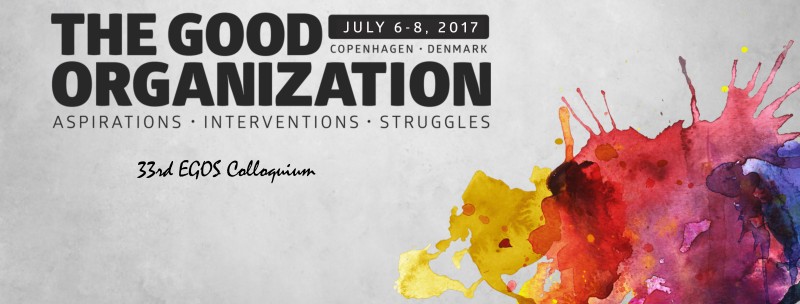Program
PDW 04:Experimental Research in Organization Studies
Wednesday, July 5, 2017, 09:00–13:00
Copenhagen Business School (CBS) – Kilen, Kilevej 14 A/B, Copenhagen-Frederiksberg
– Main room: K 275 (2nd floor)
– Break-out rooms: K 246, K 247 (2nd floor)
Convenors:
Alexandre B. Bitektine, HEC Montréal, Canada
Vern L. Glaser, University of Alberta, Canada
Patrick Haack, HEC Lausanne, Switzerland
Facilitators:
Daniella Laureiro, ETH Zürich, Switzerland
Marius Meeus, Tilburg University, The Netherlands
Michael Mauskapf, Kellogg School of Management, USA
Philip Meißner, Philipps-Universität Marburg, Germany
Hovig Tchalian, Drucker School of Management, USA
Patricia Thornton, Texas A&M University, USA
Daniel Wäger, University of Amsterdam, The Netherlands


